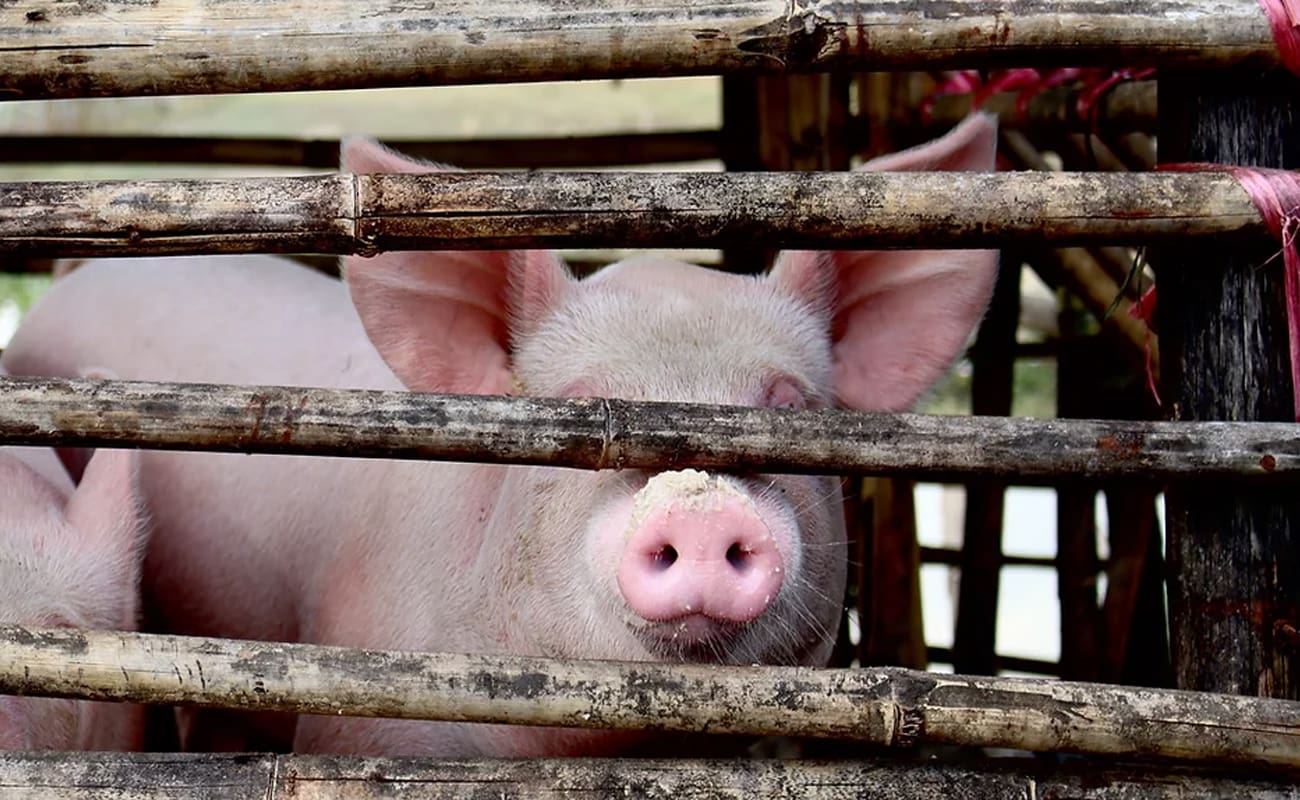Animal Welfare and Rights invites us to examine the moral boundaries of our relationship with animals. While animal welfare emphasizes reducing suffering and improving living conditions, animal rights go further—demanding recognition of animals as individuals with inherent value, not just as property or resources. This section explores the evolving landscape where compassion, science, and justice intersect, and where growing awareness challenges the long-standing norms that justify exploitation.
From the rise of humane standards in industrial farming to groundbreaking legal battles for animal personhood, this category maps the global struggle to protect animals within human systems. It investigates how welfare measures often fail to address the root problem: the belief that animals are ours to use. Rights-based approaches challenge this mindset entirely, calling for a shift from reform to transformation—a world where animals are not managed more gently, but fundamentally respected as beings with interests of their own.
Through critical analysis, history, and advocacy, this section equips readers to understand the nuances between welfare and rights, and to question the practices that still dominate agriculture, research, entertainment, and everyday life. True progress lies not only in treating animals better, but in recognizing that they should not be treated as tools at all. Here, we envision a future grounded in dignity, empathy, and coexistence.
Veganism is far more than a dietary choice—it’s a growing movement championing compassion, sustainability, and the fight for animal liberation. With its roots in ethical living, this lifestyle challenges the exploitation of animals across industries while addressing pressing issues like environmental degradation and social justice. As awareness of factory farming’s impact on animal welfare, climate change, and human health continues to rise, veganism serves as both a personal commitment and a collective push for systemic change. This article delves into how veganism has become a transformative force for creating a fairer world—where every action contributes to protecting animals, preserving the planet, and promoting equality for all beings


























































